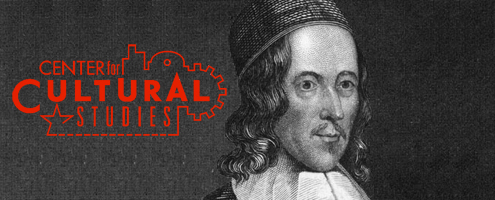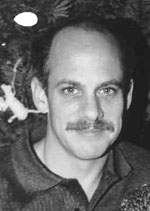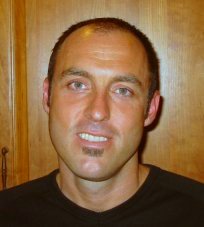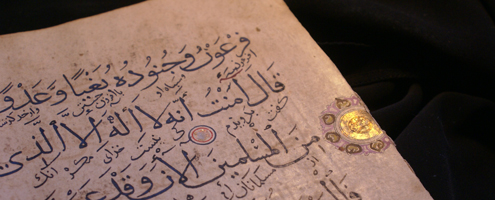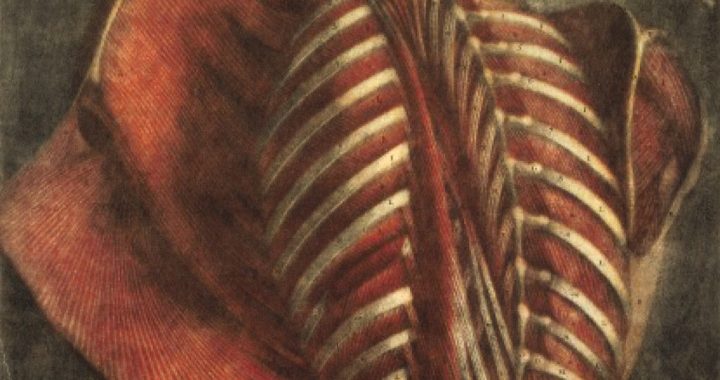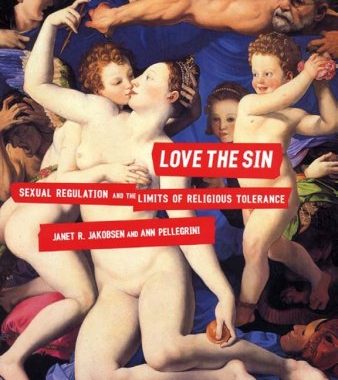The Bodies and Embodiment Research Cluster presents:
Embodying Theory, Theorizing Embodiment: A Graduate Student Conference
Friday, May 28 / 9 AM – 5 PM / Humanities 210
Saturday, May 29 / 9:30 AM – 3 PM / Humanities 620
Click here to download the complete conference schedule.
The conference addresses how paying attention to bodies and embodiment in our academic work questions what theory is and does, and how this moves us to think differently. Building on work on the body as a material, signifying, experienced, and experiencing entity, the conference focuses on embodiment and critical practices of sense-making that include tactility and affective knowledge.
The first day of the conference consists of graduate student panels with respondents and a keynote speech. On the second day, the cluster will host a workshop for the speakers and respondents.
Keynote Speaker: Professor Jennifer Doyle (English, UC Riverside)
Respondents: Carla Freccero (Literature, UCSC), Wlad Godzich (Literature, UCSC), Jennifer González (History of Art and Visual Culture, UCSC), and Vanita Seth (Politics, UCSC)
For more information, contact Sara Orning at sorning@ucsc.edu.
Co-sponsored by the departments of Literature, Politics, History of Art and Visual Culture, Sociology, and Film and Digital Media, and the Graduate Student Association (GSA).



